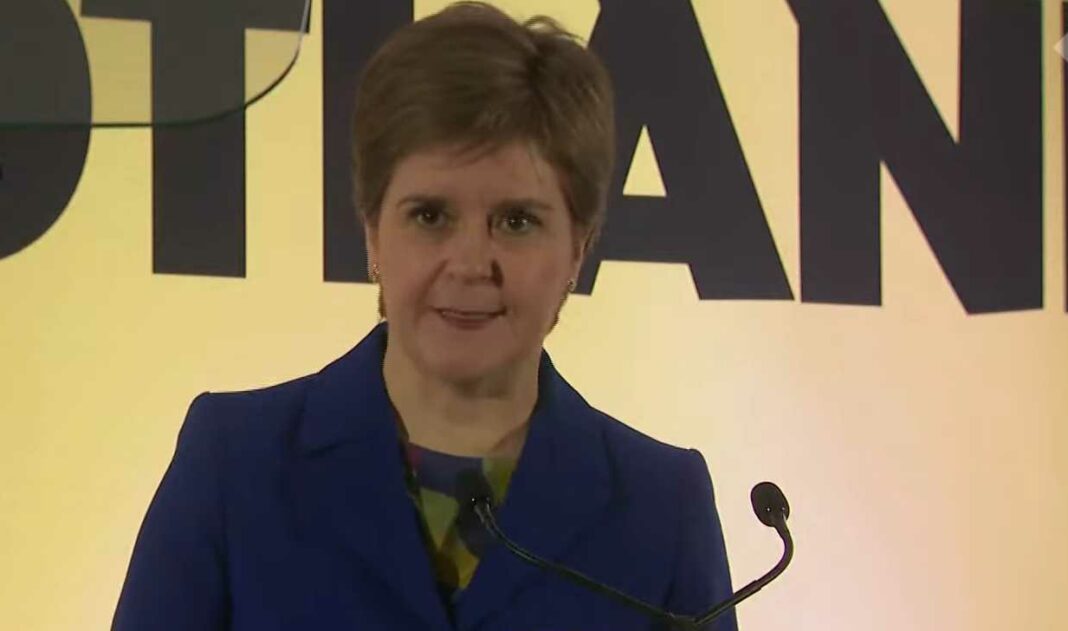23 NOVEMBER 2022 | NEWS
The Supreme Court has ruled against the Scottish Government holding a fresh referendum on independence without approval from Westminster in a unanimous decision.
Lord Reed, the President of the Supreme Court, said the Scottish Parliament did not have the power to legislate on such a matter because such a Bill would relate to the future union of the UK, which is a matter reserved for Westminster.
For another vote on independence, the central Government in Westminster would need to temporarily hand over powers to the Scottish Parliament, as it did for the 2014 vote.
Prime Minister Rishi Sunak welcomed the “clear and definitive ruling” at today’s PMQs and the Leader of the Scottish Conservatives, Douglas Ross, urged the SNP to “ditch their referendum obsession”.
But Scottish First Minister and Leader of the SNP, Nicola Sturgeon, said in response to the ruling: “Scottish democracy will not be denied.
“Today’s ruling blocks one route to Scotland’s voice being heard on independence – but in a democracy, our voice cannot and will not be silenced.”
She said she respected the Supreme Court’s ruling but accused Westminster of showing “contempt” for Scotland’s democratic will.
“This ruling confirms that the notion of the UK as a voluntary partnership of nations, if it ever was a reality, is no longer a reality,” she said.
“We must and we will find another democratic, lawful and constitutional means by which the Scottish people can express their will. In my view, that can only be an election.”
The First Minister said she would ask the SNP’s National Executive to convene a special party conference next year to discuss the details of the referendum plan.
Ms Sturgeon has campaigned for a second vote on Scottish independence for years, highlighting the country’s majority vote to remain in the European Union in the 2016 referendum on Brexit by 62%.
This is in spite of the fact that she said the 2014 independence referendum was a “once in a generation” vote.
Polling expert Professor Sir John Curtice said: “Brexit may be ‘done’, but it has now become an integral part of the debate about the future of the Union, not just in Scotland but across the whole of the UK.”
He added that from roughly 2016 through to the end of 2018, the No side of the independence debate held consistent leads.


























